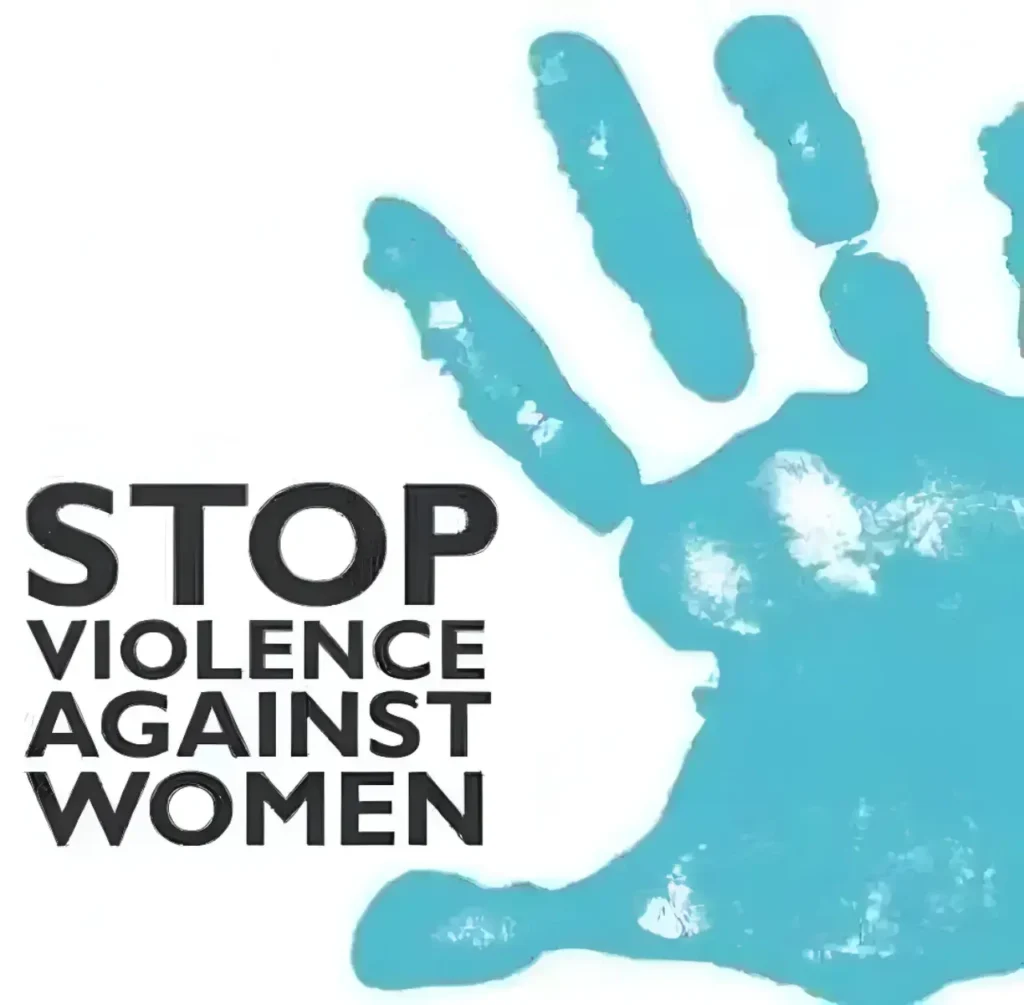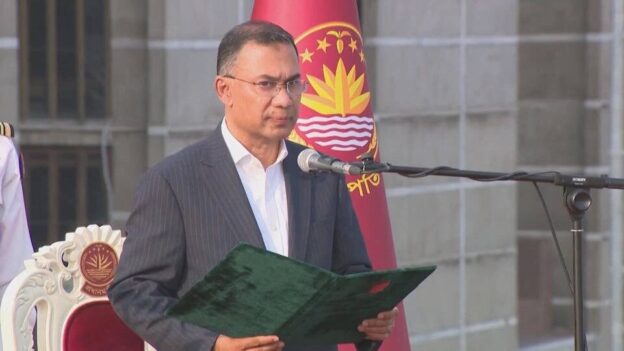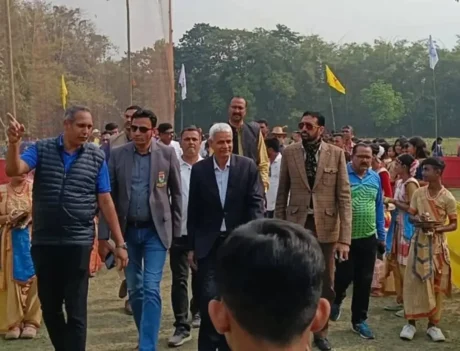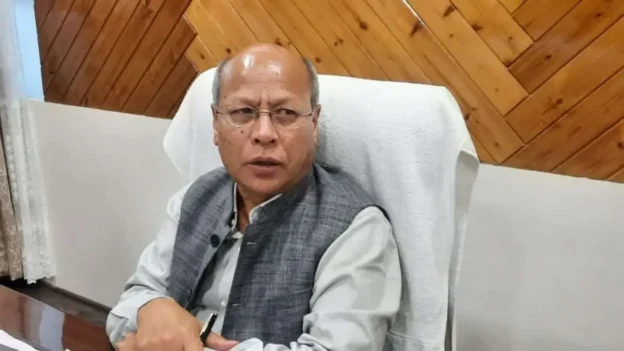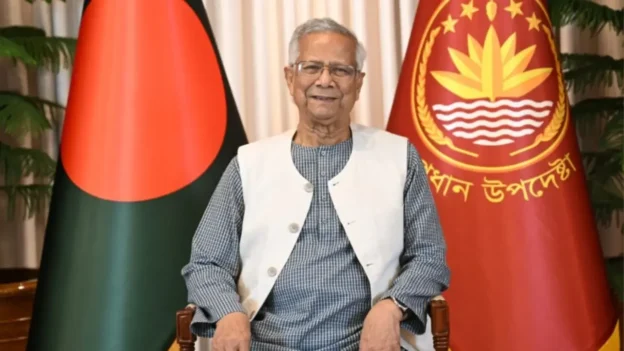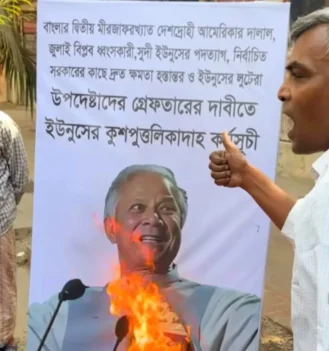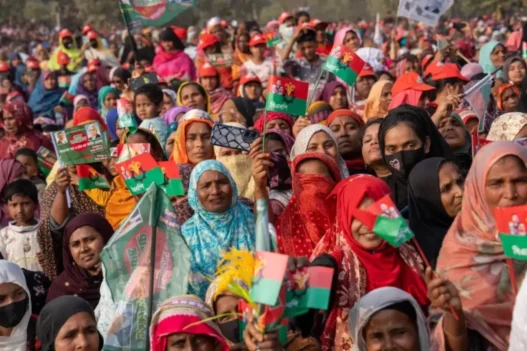Amid the vibrant Durga Puja festivities in Haluaghat Upazila, a northern sub-district of Mymensingh, Bangladesh, a 16-year-old Garo girl’s life was violently shattered, an act of brutality that has sent shockwaves through the local Indigenous community.
The girl, a ninth-grade student from Jughli Union, was reportedly lured to the festival by a local youth, Milon, the son of Azizul Islam from Noyapara.
In the daylight, she accompanied him, unaware of the dark turn her day would take.
Later that night, according to the victim’s family, she was forcibly taken in an auto-rickshaw by another man, Abul Bashar, and transported to a secluded location, where she was allegedly raped.
She was abandoned hours later at Gamaritola Mor, returning home traumatised.
Her mother recounted the ordeal with restrained anguish said, “Milon knew my daughter. He called her to attend the Puja, and later, when she was forcibly taken, this horrific act occurred. We demand justice.”
Authorities have acted swiftly to open an investigation.
Haluaghat Police Officer-in-Charge Hafizul Islam Harun confirmed that a suspect has been named and the auto-rickshaw involved seized. “If further investigation uncovers others’ involvement, they will also be included in the case,” he said.
For the Garo and other indigenous communities in rural Bangladesh, this act of violence reveals their enduring vulnerability.
Marginalized by both geography and social hierarchy, young indigenous women often face heightened risks of exploitation and abuse, with limited access to legal protection.
A local Garo leader, speaking on condition of anonymity, expressed deep concern over the wider implications of the crime. “This is not just an attack on one girl,” he said, his voice heavy with anguish. “It is an assault on the dignity of our women and on the very fabric of our community, a stark reminder of the vulnerabilities we continue to face.”
Source : The Chittagong Hill Tracts

